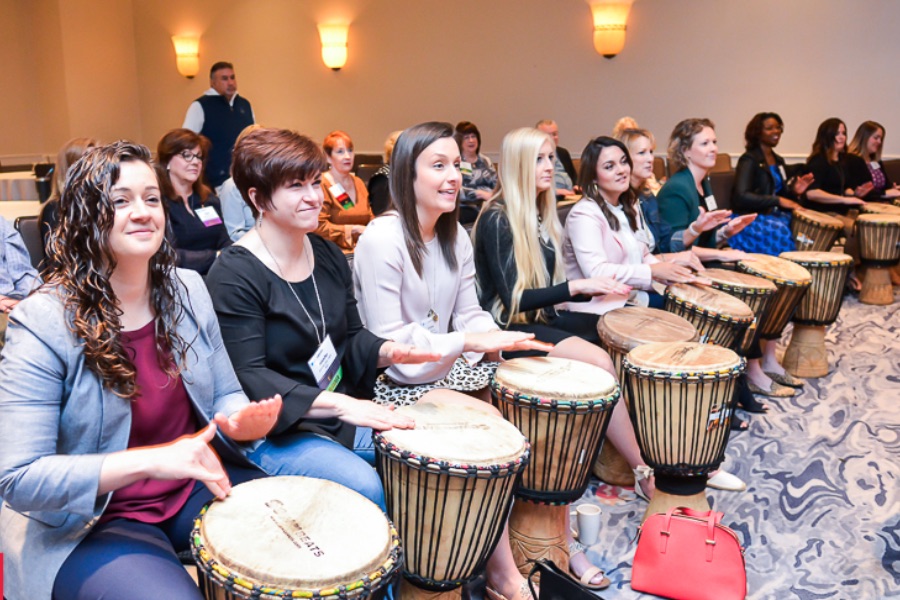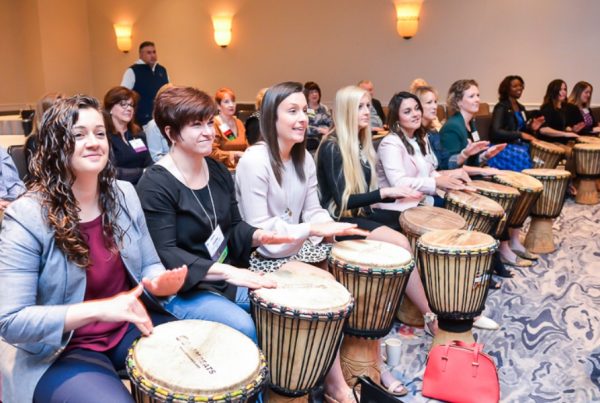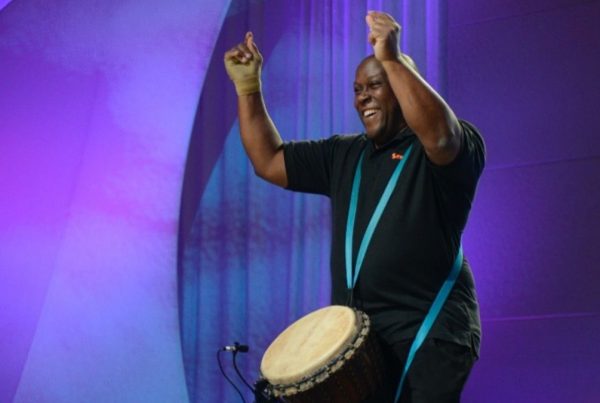Gender equality was negatively affected by COVID-19 and its economic impacts. There are three primary reasons for this. First, even before the pandemic, progress around gender equality had been uneven. Second, women’s jobs were generally more vulnerable than men’s due to gender clustering in specific occupations. Third, the burden of unpaid childcare was disproportionately carried by women. Let’s take a closer look at these three factors.
Uneven Progress Toward Gender Equality Prior to COVID
Even before the pandemic hit, global progress towards gender equality had been uneven. According to McKinsey, the world had made improvements in the areas of maternal mortality, the number of women in professional and technical jobs, and political representation. However, in the five years prior to the pandemic, the global number of women in the workforce remained steady at 33% that of men. While some countries like Indonesia saw a small increase, other countries like India saw a slight decrease.
Women’s Jobs Were More Vulnerable
Due to the fact that the nature of work has remained significantly biased based on gender, women and men have tended to cluster in various occupations. McKinsey found that women’s jobs were 19% more at risk because women occupy more jobs in sectors heavily impacted by COVID 19, such as tourism and hospitality. In the United States, women comprised 46% of the workforce prior to the pandemic but accounted for a disproportionately large 54% of job losses. According to the International Labour Organization, women’s employment fell 4.2% globally in 2020 while men’s employment fell 3%.
Women Took on More of the Burden for Childcare
Prior to the pandemic, women were already working less hours, for lower pay, in lower-ranking positions than men, according to the New York Times. With the onset of COVID, women tended to take on more of the burden of caring for children, which limited working mothers’ hours even further. The result was that these women were frequently the first ones selected for layoffs or unpaid leave. Further, if a family was deciding that one parent should give up a job to care for children, it was often the lower-paid mother.
In summary, COVID had an acutely regressive effect on gender equality. If anything, COVID has underscored the point that working towards gender parity is more important now than ever. To quote McKinsey, “What is good for gender equality is good for the economy and society as well. The COVID-19 pandemic puts that truth into stark relief and raises critically important choices.”
To talk with us about experiential learning in the areas of gender equality and DEI, call us at 1-800-273-1465 or fill this form.





